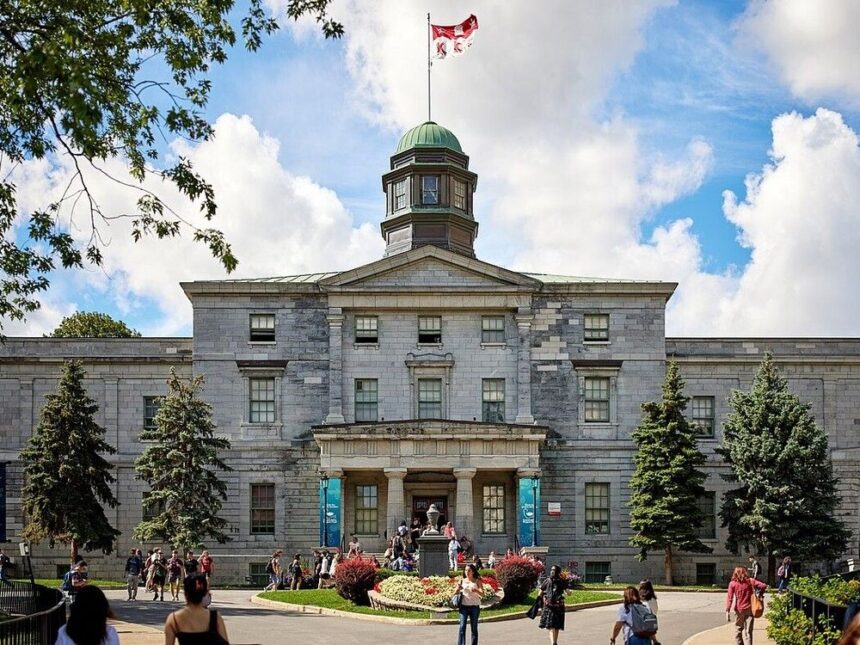In a strategic pivot that could reshape Canada’s academic landscape, university leaders are intensifying calls for Ottawa and Quebec to bolster financial support for international talent recruitment amid growing global competition. This push comes as geopolitical tensions and immigration policy changes in competing nations create a unique opportunity for Canadian institutions to position themselves as premier destinations for the world’s brightest minds.
“We’re witnessing a critical moment where Canada can establish itself as the preeminent destination for international academic talent,” says Dr. Martha Reynolds, President of the Association of Canadian Universities and Colleges. “The current global instability has created a window of opportunity that won’t remain open indefinitely.”
The appeal from academic institutions coincides with significant disruptions in traditional education powerhouses. The United Kingdom has recently implemented more restrictive visa policies for international students, while American universities continue to grapple with politically charged debates over diversity initiatives and academic freedom. Meanwhile, political tensions in Hong Kong and mainland China have prompted many researchers and students to seek more stable environments abroad.
Canadian universities argue that strategic investment now could yield substantial long-term economic benefits. A recent analysis by the Conference Board of Canada estimates that international students contribute approximately $22 billion annually to the Canadian economy and support nearly 170,000 jobs across the country.
“This isn’t merely about academic prestige—it’s about economic development and innovation capacity,” explains Dr. Jean-Philippe Leblanc, Vice-Provost of International Relations at McGill University. “The talented researchers and students we attract today become the innovators, entrepreneurs, and skilled professionals driving our economy tomorrow.”
Several universities have already launched ambitious recruitment initiatives. The University of Toronto recently announced a $25 million fund specifically designed to attract leading researchers from institutions worldwide, while the University of British Columbia has established specialized support services for academics relocating from regions experiencing political upheaval.
The federal government has shown some receptiveness to these appeals. Last month, Immigration Minister Marc Miller indicated that Ottawa is considering adjustments to immigration pathways for distinguished academics and researchers. However, university leaders argue that more substantial commitments are necessary to truly capitalize on the current opportunity.
“Our competitors aren’t standing still,” warns Dr. Amanda Chen, Dean of Graduate Studies at the University of Alberta. “Australia has just announced a $780 million package to attract international talent, and even amidst its restrictive turn, the UK maintains significant research funding advantages over Canada.”
The call for enhanced investment comes at a delicate time for Canadian higher education, as institutions navigate post-pandemic financial pressures and demographic challenges. Several provinces have frozen or reduced operational funding for universities, forcing difficult budgetary decisions.
Critics of increased international recruitment funding argue that resources should first address domestic challenges, including housing shortages near major universities and rising tuition costs for Canadian students. However, proponents counter that international recruitment represents one of the few viable strategies for ensuring the long-term sustainability of Canada’s higher education system.
As global competition for academic talent intensifies, the question remains: will Canada make the investments necessary to transform this moment of opportunity into lasting advantage, or will hesitation allow other nations to capture the next generation of global innovators and thought leaders?










